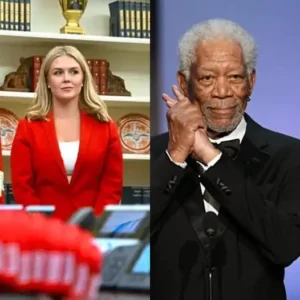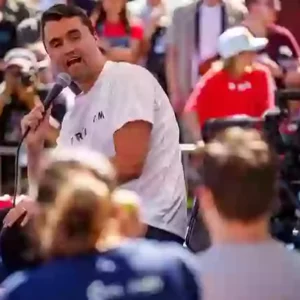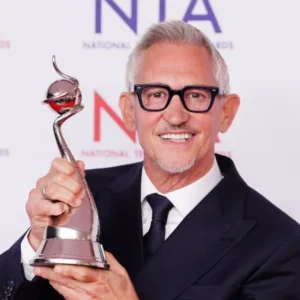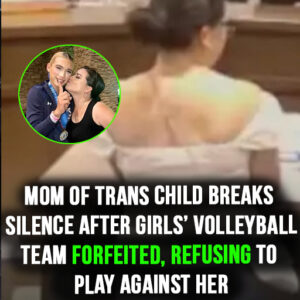
In a dramatic and tense exchange that has captured the attention of viewers across the nation, Karoline Leavitt launched into a passionate lecture on racism and inequalities during a live TV segment featuring the iconic Morgan Freeman. What started as a discussion quickly escalated into a heated confrontation, leaving the audience in stunned silence and sparking a whirlwind of debate on social media.
The Confrontation
The segment aired on a popular talk show, where Leavitt, a rising political figure, confronted Freeman about his views on systemic racism and social inequalities. With fervor, she articulated her perspective, emphasizing the need for urgent change in how society addresses these pressing issues.
However, Freeman, known for his wisdom and eloquence, responded with a level of insight that caught Leavitt off guard. His words were sharp and profound, challenging her assertions and prompting her to reconsider her stance. The exchange quickly became a battle of ideologies, captivating the live audience and viewers at home.
Social Media Storm
The aftermath of this confrontation set social media ablaze. Clips of the exchange quickly went viral, with users sharing their opinions and sparking heated debates. Hashtags like #LeavittVsFreeman and #LiveTVShowdown trended on multiple platforms as commentators dissected the exchange.
Diverse Reactions
Support for Freeman: Many users praised Freeman for his measured and insightful response, arguing that he exemplified the need for thoughtful discourse on sensitive topics.
Criticism of Leavitt: Others criticized Leavitt, suggesting she was unprepared for the depth of the discussion and failed to engage meaningfully with Freeman’s counterarguments.
Calls for Deeper Conversations: A significant portion of the online discourse centered around the need for more dialogues that address racial issues without falling into partisan traps.
Conclusion
The confrontation between Karoline Leavitt and Morgan Freeman has ignited a vital conversation about racism and inequality, showcasing the importance of thoughtful dialogue in addressing societal challenges. As viewers reflect on this moment, it serves as a reminder that discussions about race and justice require not only passion but also depth and understanding.
This encounter may well be a pivotal moment in public discourse, challenging both politicians and the public to engage more critically with the complexities of these enduring issues. As the debate continues, one thing is clear: the power of words can leave a lasting impact, especially when delivered with conviction and wisdom.





